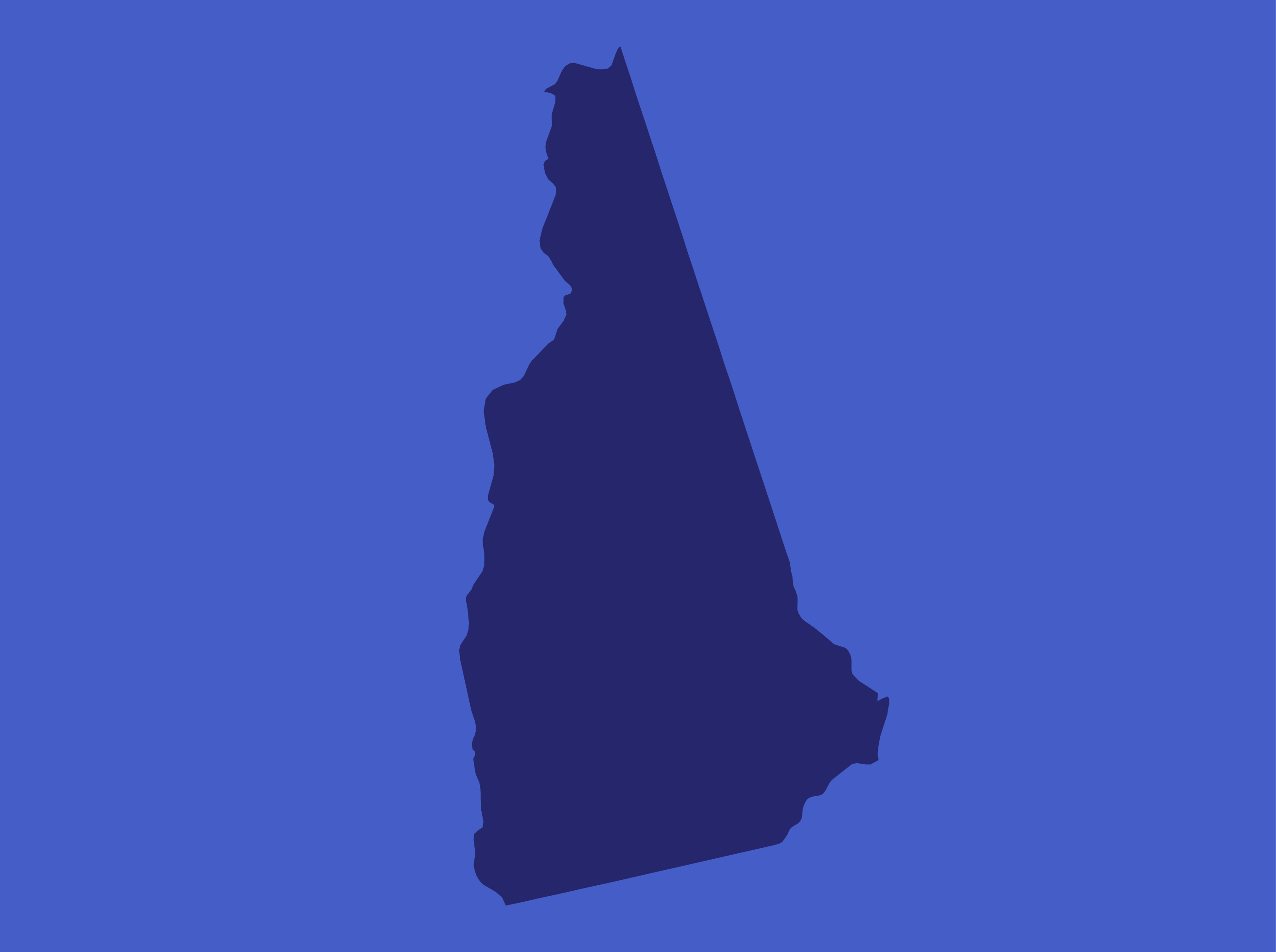

Self-care has long had political undertones, primarily pertaining to activist burnout, said Yashna Padamsee, who works for the National Domestic Workers Alliance and. In 1976, French philosopher Michel Foucault, in his treatise “The Care of the Self,” wrote that “the idea that one ought to attend to oneself, care for oneself” was a theme in the classical world and a practice that conditions one to care for others.īut the current usage is often traced back to the poet Audre Lorde, who wrote in her 1988 book of essays, “A Burst of Light,” that “caring for myself is not self-indulgence, it is self-preservation, and that is an act of political warfare.” 13-19, the largest increase in the last five years.

Recently, though, self-care has often been invoked as a way of dealing with open-ended anxiety. A search on Google Trends showed that self-care peaked in search interest popularity from Nov. “It can be as complicated or as simple as you want it to be: making sure you get enough sleep and drink enough water, monthly facials, fermented foods, a meditation app for your phone or packing healthy snacks for the plane.” “I always say it’s a daily practice,” says Jessa Blades, an herbalist and makeup artist in New York City. The term self-care has, over the past few years, become part of the vernacular.


 0 kommentar(er)
0 kommentar(er)
